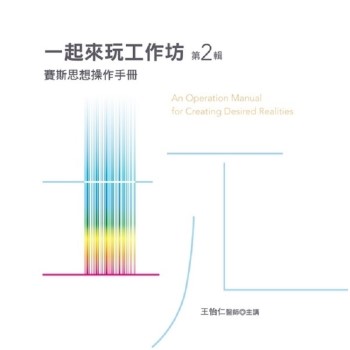This monograph is focused on analysis of the contemporary development process, where many nations try to protect their own identity and interests reformatting regional mechanisms of connectivity. The key prerequisite for effective foreign and domestic policy is a constructive awareness of one’s role in the world and in the area, which allows for the realistic design and execution of national development objectives. In recent years, majority of Central Asian countries have launched a new foreign policy approach, the primarily to foster trust, good neighborliness, and collaboration across the region. The manner in which this strategy is discussed shows the specifics of a new geopolitical reality. Central Asian nations are becoming more dependable, and yet stable in global politics as they strengthen their cooperation and mutual confidence. They are connected via the similar challenges of their transition period: reforming political and economic systems. According to several authors of the book, social building in Central Asia have unique path that modifies their and characteristics and future.
| FindBook |
有 1 項符合
Central Asia: Tackling New Challenges的圖書 |
 |
Central Asia: Tackling New Challenges 作者:Khasanov 出版社:LAP Lambert Academic Publishing 出版日期:2023-12-11 語言:英文 規格:平裝 / 404頁 / 22.86 x 15.24 x 2.29 cm / 普通級/ 初版 |
| 圖書館借閱 |
| 國家圖書館 | 全國圖書書目資訊網 | 國立公共資訊圖書館 | 電子書服務平台 | MetaCat 跨館整合查詢 |
| 臺北市立圖書館 | 新北市立圖書館 | 基隆市公共圖書館 | 桃園市立圖書館 | 新竹縣公共圖書館 |
| 苗栗縣立圖書館 | 臺中市立圖書館 | 彰化縣公共圖書館 | 南投縣文化局 | 雲林縣公共圖書館 |
| 嘉義縣圖書館 | 臺南市立圖書館 | 高雄市立圖書館 | 屏東縣公共圖書館 | 宜蘭縣公共圖書館 |
| 花蓮縣文化局 | 臺東縣文化處 |
|
|
圖書介紹 - 資料來源:博客來 評分:
圖書名稱:Central Asia: Tackling New Challenges
|











